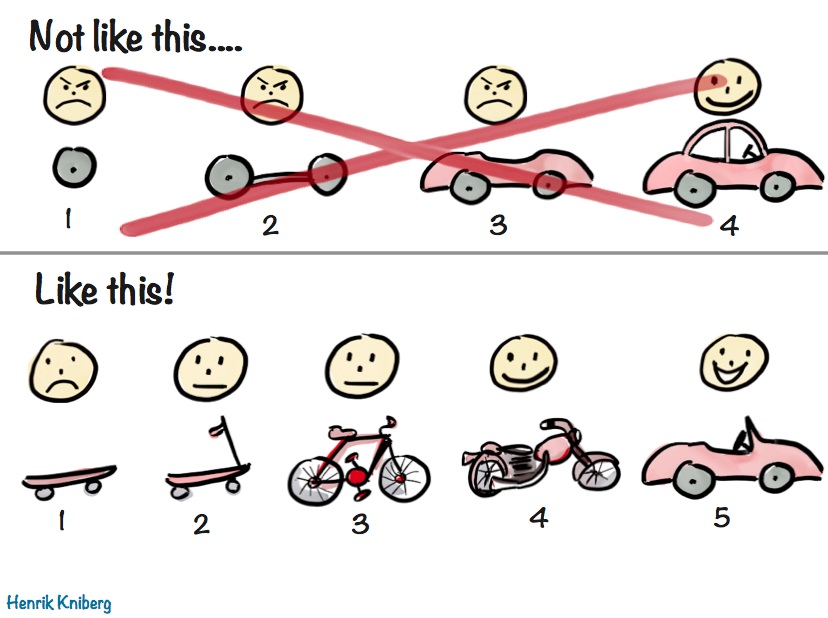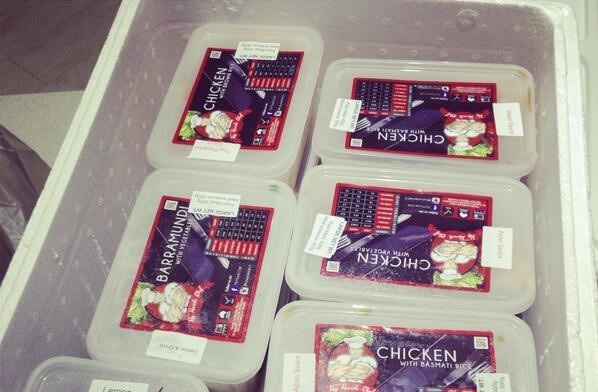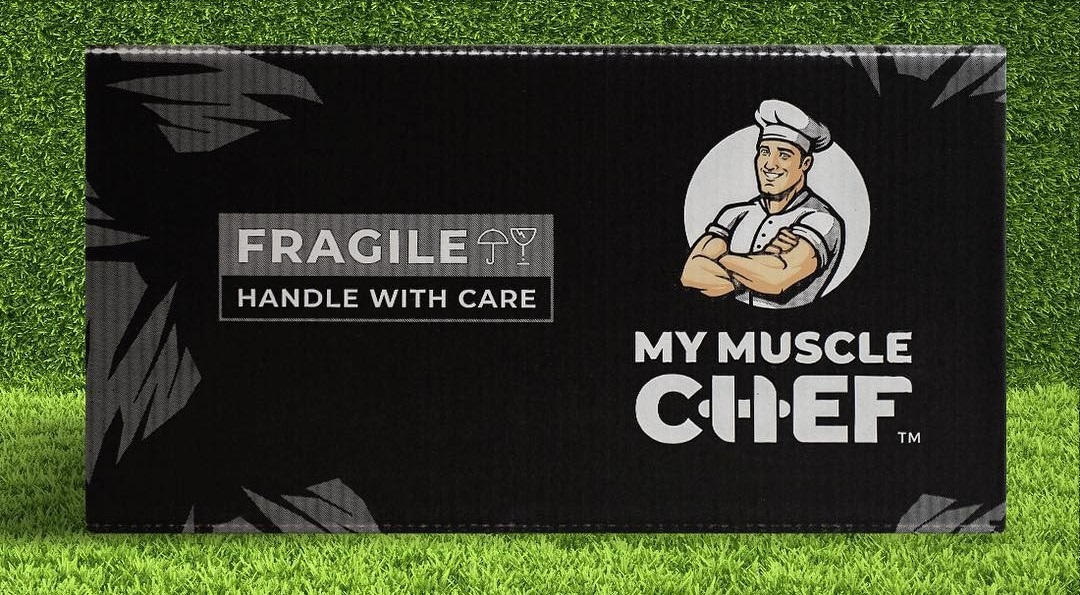My Muscle Chef: A case study for iterative development
Posted by Luke on the
Filed under
Agile development is something that has evolved to become a bit of a joke in the software industry, much like an obscure gag amongst friends that evolves over time to the point where the humour is incomprehensible to anyone on the outside. Today, we may find ourselves being handed little laminated cut-outs with clipart of t-shirts on it and being implored to stick it on the wall, playing estimate poker, or writing love letters to team members in a retrospective meeting. In my experience, it seems to be common understanding amongst programmers that the ceremonies associated with Agile err on the side of bizarre, but businesses love it. In my estimation, it’s the idea that they are fostering a collaborative environment. Whether or not it’s just an illusion is another story, but in the age of Blockchain, chatbots, and machine learning, Agile is king.
"Agile" in its current sense appears to be derived from the Agile manifesto, however, agile practices have roots through the last 4 decades of programming history. Recently I read the Mythical Man Month (Brooks, 1975) and in it Brooks extolls the virtues of things like disposable prototypes, testing as you build, and always having a working program.
One of the most recognisable and user-friendly explanations of this concept is "The Agile Bicycle" illustrated by Henrik Knilberg
This is a great example of delivering a minimum viable product (MVP). There are many benefits to this method:
Regardless of how rough around the edges your product is, if it is functional, then people can use it. It may not have the appeal to gain significant traction, but you can start getting at least some ROI, and - perhaps more importantly – user feedback. If a product is fundamentally flawed, it should be visible at any stage. According to Brooks, an incremental build method is better because:
- We can begin user testing very early, and
- We can adopt a build-to-budget strategy that protects absolutely against schedule or budget overruns (at the cost of possible functional shortfall)
The most important part of that is that while we may not deliver the full feature set at the initial release date, at the very least, we’re not going to be giving people a car without a steering wheel.
So, how does a company selling pre-packaged meals relate to software MVPs?
I’ve been using them for around a year. I picked them because unlike similar competitors, they offered meals with higher calorie counts for a similar price point. My first delivery came in an unmarked Styrofoam box. Styrofoam is good at insulating contents; however, it requires specialised machinery to recycle and takes untold millions of years to degrade, it’s not a great material. The meals came in take-away style containers with a sticker slapped on which were easily broken in transit and they were all frozen. On the technical side, subscriptions were not manageable by the user and had to go through customer service, which added some friction. It wasn’t a mind-blowing experience, but the meals all tasted good and most importantly, the business model worked.
Over the last 12 months I’ve observed various improvements to their offering.
- They replaced the Styrofoam boxes with wool insulated cardboard boxes
- They replaced the take-away style containers with vacuum sealed containers to allow the foods to last longer without being frozen. This paved the way for them to start offering fresh meals (which they have as of this week)
- They upgraded their online services so that users can edit their subscriptions and more easily delay or cancel orders.
- They improved their distribution to where they are now sold in retail spaces around the country, rather than simply being a drop at the door delivery service
While people starting to use them now will see the last year of enhancements as the norm, people who have been using it for a longer period will have gradually had improved service, thus increasing satisfaction. Rather than overreaching and increasing the risk of being crushed by their overhead, My Muscle Chef took an iterative approach and gradually built a loyal base of customers which enables further innovation.
In my eyes, iterative development is inarguably superior to traditional waterfall project management where oftentimes budget, schedule and feature set are inflexible. As the saying goes, "you don’t know what you don’t know", and as such, progressive discovery will often prove many of your initial assumptions incorrect. It’s very refreshing to see companies with more tangible products embracing Agile principles and prospering. As they say, the proof is in the pudding.
To be clear, I am in no way affiliated with this company, I just like eating their food. If you do end up signing up, consider using my referral code (S1HKD51IM) and we’ll both get $15 credit. Love those free meals.


